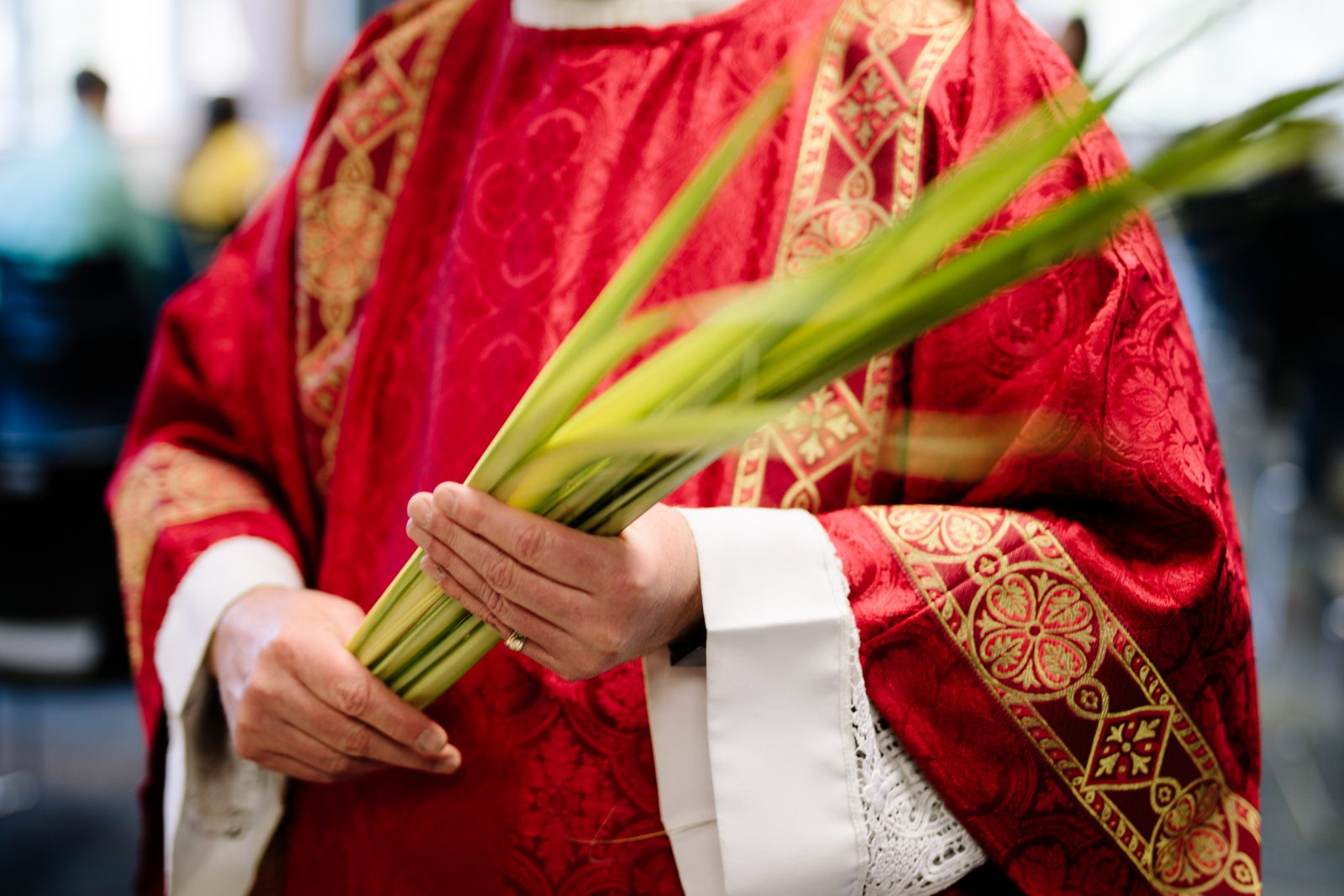
Bishops, Brexit and Bullshit
October 5, 2019
Wishing you a terrified Halloween: mediums and the occult
October 31, 2019I actually believe in praying, but not for the reasons many people give. The Christian tradition offers different, and often conflicting, accounts of how to do it and what to expect from it.
This post offers my way of trying to make sense of it.
Can it ‘work’?
At its most basic, praying is what people do when they are desperate. At the beginning of the Second World War, everybody prayed. Even atheists prayed. If there is anyone up there, please please please!
To ask whether it works is to look for evidence. Some researchers ask people what they prayed for and whether it happened. These studies can produce interesting results, but they don’t prove anything.
Others say the opposite: praying can’t work because it’s mumbo-jumbo. Superstition. Unscientific. This is equally unprovable. It’s an echo of that nineteenth-century fantasy that scientists were going to find out everything about everything. If they did, it would follow that anything scientists couldn’t establish doesn’t exist. It’s over a century since scientists believed this. What they have shown is that the universe is far more complex than the human mind can understand. We’ve increased what we know, but what we don’t know has increased much faster. For all we know there may be any number of processes that our thoughts and prayers may trigger. We can’t prove anything, and perhaps that’s just as well.
In any case asking whether prayer ‘works’ is only looking at prayer at its most basic. It’s the prayer of the self-centred, knowing what they want. When we are self-centred, we can still pray. We can start with what we want, and ask God to let us have it. Sometimes we get what we want, even if we would have been better advised to want something different.
Relating to reality
Prayer is about relating to the wider reality, the big context of our lives. Christians call it ‘God’. For some people the word ‘God’ conjures up unhelpful images, but we are all aware that we live our lives in the context of a reality that is mostly way beyond our understanding.
Within the Bible and the Christian tradition, let alone outside it, people have imagined God in very different ways. For example, if we think of God as someone who punishes sinners, our praying will be about pleasing God so that we don’t get punished. If we think of God as a fighter attacking enemies, our praying will be about being on God’s side against the enemies.
In these cases our praying will really still be self-centred, wanting to be on the right side of God. These are examples of unhelpful images.
Prayer becomes more constructive when we adopt more constructive images – when we trust that the forces maintaining the universe, whether or not we call them ‘God’, are well-disposed towards us and want the best for us. This is the basis on which most faith traditions encourage forms of prayer that help us let go of our self-centredness. The aim is to reflect on the ‘big picture’ so as to expand our range of concerns beyond our individual selves, towards a ‘God’s-eye-view’ of reality.
Gratitude
From this perspective, prayer naturally begins with celebrating what we have received. A classic biblical way of putting it is that God has designed us to bless us, so that we flourish. God wants us to live fulfilled and happy lives, and wants everybody else to as well.
An easy way in to praying is to offer thanks for what we have got. Many people say grace at meal times. When you give birth to a baby, you feel thankful. At a funeral of a friend you feel thankful for that person’s life. Some people develop the practice of saying a quick ‘thank you’ to God through the day, whenever something happens that they are glad of. It means that, instead of focusing on what we haven’t got, we focus on what we already have, and express appreciation.
General intercession
There is also a lot that goes wrong. Humans can work towards the common good, but by nature we are also self-centred. We have been given freedom, if we so choose, to only care for ourselves at the expense of other people, or only care for our family at the expense of other families, or only care for our country at the expense of other countries, or only care for humanity at the expense of the environment.
So when we pray about the Amazon rain forest being burnt, or refugees looking for somewhere to live, we can take for granted our own point of view; but we can instead reflect on what God’s point of view might be like.
When we take for granted our own point of view, we can easily imagine we know what God should do. It’s as though we are treating God like a washing machine that doesn’t always work. We know what ought to happen: why doesn’t it? It’s as though we’ve got the intelligence and God has got the power.
Actually it’s the other way round: God has the intelligence and knows what needs to be done, but has given power away to us humans. So when things go wrong God could put aside the laws of nature, blitz the world and put things back the way they were. But that would mean taking away the freedom we have been given for our own good.
However much we might wish God intervened for us, we never see the whole picture. When we try to see it from God’s point of view, we ask ourselves: what would God want? Can we help?
Intercession for ourselves
When we’ve been personally hurt by other people – say, we’ve been injured by someone driving dangerously, or we’ve been sacked from work and have no money – our first thought might be to pray for God to put right what has gone wrong. We might want God to punish the other person.
When people hurt us, we naturally resent it. To pray well, we can spend time noticing our resentment, noticing that our resentment hurts us and doesn’t do any good, and allowing ourselves to distance ourselves from our negative feelings. We may not be able to put right what went wrong, but we can gradually practise the art of detaching ourselves from the feelings that distress us. It’s hard, but it can relieve us of emotional burdens.
So one aspect of praying is to allow time for God to show us what we would want if we saw the world through God’s eyes – inviting God to guide us in our wanting.
Confession
Just as other people hurt us, we also hurt others. We all mess up sometimes. Another part of praying is facing up to the faults in ourselves.
There is no point in just feeling guilty and miserable. The point is to be practical. We can change our own actions more easily than we can change anyone else’s. Our praying can reflect on what we can do about it. Sometimes we can put right something we’ve made a mess of, or give someone an apology. Sometimes it’s more a matter of recognising a habit in ourselves that we need to practise getting out of.
Adoration
Many mystics tell us that prayer at its best goes beyond all these, and lets go of all every agenda to just spend time with God. It’s a bit like spending time with someone you love deeply. You may talk to each other, but what you say is less important than just being with them.




